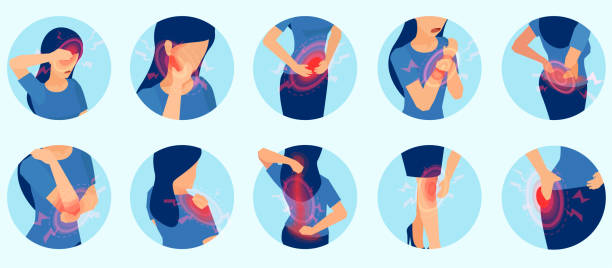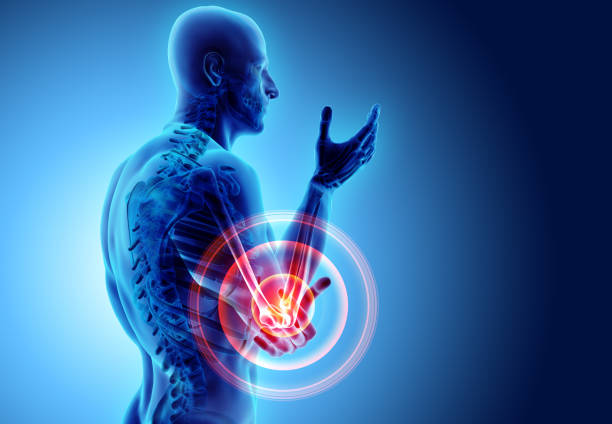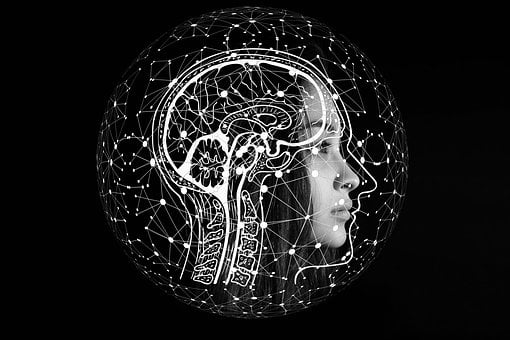90Views 0Comments

Pain that has no apparent physical origin and is instead brought on by psychological conditions like stress, anxiety, or depression is known as psychogenic pain. The quality of life of a person may be significantly impacted by this kind of pain, which might be persistent.
Headaches, back pain, joint pain, and stomach pain are just a few of the different ways that psychogenic pain can present. After physical reasons of the pain have been ruled out by medical exams and imaging studies, it is frequently diagnosed.
In order to address underlying psychological disorders, treatment for psychogenic pain may include psychological therapies, such as cognitive-behavioral therapy, and medicines. The management of psychogenic pain may benefit from mindfulness, meditation, and relaxation approaches.
Working collaboratively with their healthcare physician to create a complete treatment plan that addresses both the physical and psychological aspects of the pain is crucial for those with psychogenic pain.
Symptoms of psychogenic pain

Depending on the person and the underlying psychological issues causing the pain, the symptoms of psychogenic pain can change. The following are some typical signs of psychogenic pain:
- Experiencing pain that is not connected to a specific bodily injury or illness
- pain that lasts for a long time, usually for longer than three months
- Pain that is challenging to pinpoint or explain
- Traditional pain drugs or treatments fail to relieve some types of pain
- Anxiety, depression, or other emotional symptoms along with the pain
- everyday tasks, such as work, socialising, or hobbies, are made more difficult by pain
- physical signs of discomfort, such as headaches, nausea, or exhaustion, along with the pain
- Pain that is aggravated by emotional factors such as stress or anxiety.
It is crucial to consult a healthcare professional if you have chronic pain that is not improving despite trying typical treatments, as psychogenic pain may be a contributing reason. To manage psychogenic pain, a healthcare professional can assist with the diagnosis and design of a treatment plan.
Who is more likely to experience psychogenic pain

Anybody, regardless of age, gender, or background, can experience psychogenic pain. Yet, a few things can make it more likely that you’ll get psychogenic pain. These elements could consist of:
- A background of psychological or emotional trauma, such as abuse or neglect
- High levels of anxiety or stress
- depression or another mental illness.
- Chronic illnesses that are challenging to identify or treat.
- prior experience with a prolonged sickness or suffering.
- Perfectionism and extreme emotional sensitivity are examples of certain personality qualities.
- Inadequate coping mechanisms or problems with emotion control.
- Either a lack of personal relationships or little social support.
Diagnosis of psychogenic pain

The diagnosis of psychogenic pain normally involves a thorough examination by a medical professional. In order to rule out any underlying medical issues that could be the source of the pain, the evaluation will frequently include a comprehensive medical history, a physical examination, and possibly certain medical tests.
The healthcare provider may refer the patient to a mental health specialist, such as a psychiatrist or psychologist, for additional evaluation when a medical cause has been ruled out. To ascertain whether underlying psychological factors may be causing the pain, the mental health expert will frequently perform a psychological assessment.
A range of methods, including interviews, questionnaires, and other standardised tests, may be used in the psychological assessment to evaluate the person’s emotional state, cognitive functioning, and coping mechanisms. To identify the underlying cause of the pain, the mental health expert may also examine the patient’s medical history and any pertinent medical documents.
The presence of psychological elements that may be causing the pain, the presence of other factors that may be contributing to the pain, and the patient’s response to treatment all contribute to the diagnosis of psychogenic pain. To correctly evaluate and treat psychogenic pain, close collaboration with healthcare professionals is essential.
Treatment options for psychogenic pain

The treatment options for psychogenic pain typically involve a combination of psychological and medical interventions. Here are some of the treatment options in detail:
- Cognitive-behavioral therapy (CBT): CBT is a type of talk therapy that helps individuals identify and change negative thought patterns and behaviors that may be contributing to psychogenic pain. In CBT, the individual works with a therapist to identify their negative thoughts and beliefs about pain and learn new coping strategies to manage the pain. CBT can also help individuals learn relaxation techniques and stress management skills.
- Relaxation techniques: Techniques such as deep breathing, progressive muscle relaxation, and mindfulness meditation can help reduce stress and promote relaxation, which may help manage psychogenic pain. Relaxation techniques can be learned through a therapist or through self-help resources.
- Medications: Some medications, such as antidepressants or anticonvulsants, may be used to manage underlying psychological conditions that may be contributing to psychogenic pain. Antidepressants may help regulate neurotransmitters, which can help alleviate pain and improve mood. Anticonvulsants may help regulate pain signals in the brain.
- Physical therapy: Physical therapy can help improve flexibility, strength, and range of motion, which may help manage pain and prevent future injury. A physical therapist may design a personalized exercise program for the individual to help them manage their pain.
- Lifestyle changes: Making lifestyle changes, such as improving sleep habits, engaging in regular exercise, and maintaining a healthy diet, can help manage psychogenic pain. Reducing stress, avoiding triggers, and establishing a daily routine can also be helpful.
- Complementary therapies: Complementary therapies, such as acupuncture, massage therapy, or chiropractic care, may be helpful in managing psychogenic pain for some individuals. These therapies can help reduce stress, improve circulation, and alleviate pain.
Takeaway
Psychogenic pain is a type of chronic pain that is caused by psychological factors such as stress, anxiety, or depression. Treatment for psychogenic pain typically involves a combination of psychological and medical interventions, including cognitive-behavioral therapy, relaxation techniques, medication, physical therapy, lifestyle changes, and complementary therapies. Diagnosis of psychogenic pain involves ruling out any underlying medical conditions and conducting a psychological assessment to identify any underlying psychological factors contributing to the pain. A multidisciplinary approach involving a team of healthcare providers may be necessary to effectively manage the pain


